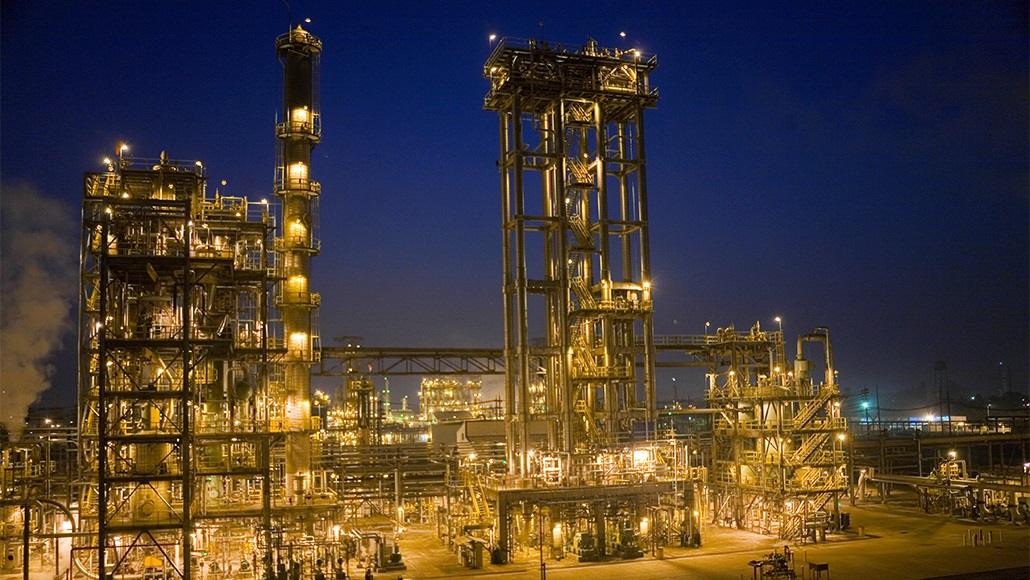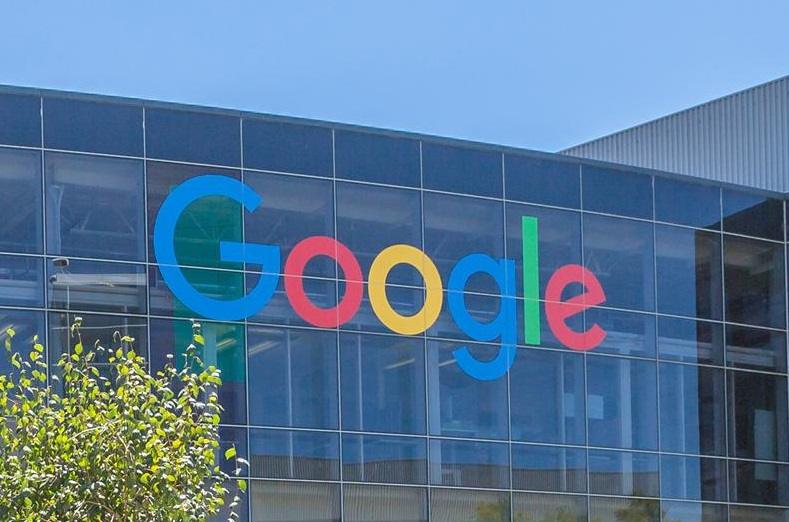Exxon Unveils GHG Reduction Plan, Says Goals are Aligned with Paris Agreement
Oil and gas giant ExxonMobil announced today a series of emissions reduction and other environmental goals. According to the company, often a target for sustainability-conscious investors and organizations, the new plans are consistent with the goals of the Paris Agreement. While Exxon stated that it is aiming for industry-leading greenhouse gas performance across its businesses by 2030, the company did not present a long-term plan to achieve net zero emissions.
Darren Woods, Chairman and Chief Executive Officer of Exxon Mobil Corporation, said:
“These meaningful near-term emission reductions result from our ongoing business planning process as we work towards industry-leading greenhouse gas performance across all our business lines. We respect and support society’s ambition to achieve net zero emissions by 2050, and continue to advocate for policies that promote cost-effective, market-based solutions to address the risks of climate change.”
Exxon’s new sustainability plans include 2025 targets to reduce intensity of upstream Scope 1 and 2 greenhouse gas (GHG) emissions by 15-20% (vs 2016 levels), methane intensity by 40-50% and flaring intensity by 35-45%. Additionally, the company plans to eliminate routine flaring by 2030, and has pledged to begin providing Scope 3 emissions beginning in 2021.
The company also stated that it will continue to invest in lower-emission technologies, such as carbon capture, manufacturing efficiencies, and advanced biofuels, increase cogeneration capacity at manufacturing facilities, support for sound policies that put a price on carbon, and will account for environmental performance as part of executive compensation.
In addition to setting new emissions goals, Exxon stated that it expects to meet current 2020 targets set in 2018, to achieve 15% decrease in methane emissions and a 25% reduction in flaring, compared with 2016 levels.
While setting ambitious near-term targets will likely be a welcomed move, it is unclear if it will fully satisfy sustainability-focused investors without a long-term net zero target. Early this year, the company met criticism for blocking a shareholder resolution asking Exxon to report if and how it intends to bring its operations in line with the Paris Agreement’s goal of maintaining global temperature rise well below 2 degrees Celsius. Several of the company’s energy major peers, including Shell, Total and bp have recently introduced net zero emissions targets.





